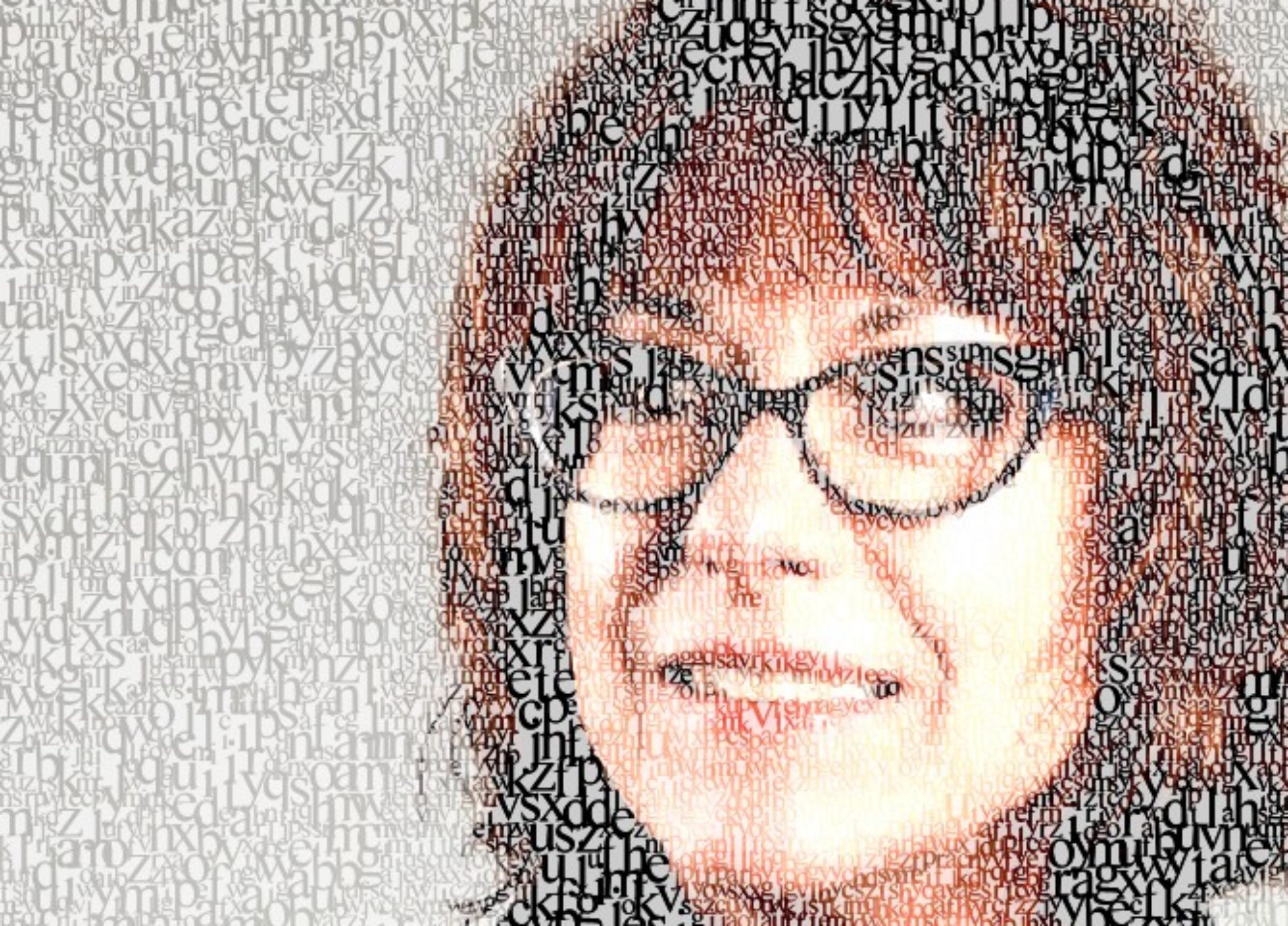A short story by Susan Walsh
The truth lies in the margins, outside the lines, in the scribbles that aren’t meant to be read but tell the story. Beckett drew pictures of Charlie Chaplin in the margins of his notebooks. I remember this fact as I write around the edges of my used-up journal. I could write about the view from the roof, the poetry of stars fading into the darkening dawn. Like I would have before. Instead, I write:
“I live in the margins.”
The margins. Where people sleep on a flat roof over a porch of an abandoned house because it’s safer than the ground, once you pull the ladder up. And where black trash bags make waterproof blankets. The margins. Where people browse supermarkets, casually looking at packages of meat, comparing package after package, until one slips, unnoticed by the cameras, into a barely-open purse held over a wrist that pushes a cart.
I make another note. “It’s 4:40 AM and I’m going to Casual Labor.”
I tuck my journal away in the plastic. No one will mess with it here. I toss my bedroll over the side of our roof and make the short one-story leap, landing on its cushion. I hear my roofmates stirring, getting ready to disperse before light. Levi, Mike, Surfer, and Joy. A crowd of people can’t be seen sitting on a roof all day—and there’s scavenging to be done.
I dust off the bedroll and take it with me. I know Levi will head to his carpenter job soon. Their crew is busier every day as more people flood out here. It’s been three weeks. After four weeks of casual labor a job can become permanent. He says don’t jinx him. I say optimism is the best policy. And hope I remember to write that down later.
My car swings into the Sinclair station. My hands shake as I turn my last five dollars into gasoline. Gas is harder to steal than food. And almost as important. Life on the roof is not that bad. But a car gives you options—as long as you can keep it moving. A moving car means you’re not living on the streets, because you can drive on them. But the biggest thing a moving car means: You can have a job if you can find one.
When I get to the back door of the unemployment office, casual laborers are already gathering, forming a line in the half-light. I am only five people back; I should get one of today’s jobs. I lie down and pull my bedroll over my head for cover. Men jostle in line behind me. I am the only woman but I don’t budge. The only way they’ll get my spot is to pick me up and move me and they might.
At 7:30, we all sign the notepad hanging on the wall. A few minutes later, a bored voice calls my name. It asks if I have a car and can do physical work. I nod to both and accept a piece of paper with an address. I’m relieved to see it’s within five-dollar driving distance. Just a few blocks off Canyon Boulevard. I twist my curly red-blonde hair into a messy bun and straighten my Salvation Army clothes. The two-dollar jeans fit surprisingly well.
When I arrive at the address, I see a neat brick house, not large but not tiny. An older couple answers the door. A man and his wife, both thin, with glasses and wispy hair. The house is very quiet. No cute little dog yapping about their heels, no cats grooming themselves in the sunrays that stripe the living room carpet.
“Hi, I’m Grace Helen O’Neill,” I say, making a point to speak confidently, not like someone who just spent her last five dollars.
“Casual Labor sent me.”
The woman eyes me uneasily. But her husband says hello and takes me around back where a dozen large terracotta pots sit on a cement patio so clean that the sunlight bounces off it. “My wife would like you to scrub her flowerpots,” he says. “Before she plants new geraniums.”
I don’t see the point to scrubbing flowerpots when you plan to turn around and put dirt in them again. But I’ll scrub mud out from under grass if you pay me.
As I scrub, I’m aware of the woman fluttering behind her curtains, watching me. She doesn’t want me at her house. I write her story in my head. She is frail, sick, and particular. Maybe she has cancer. Her husband tells her she can’t scrub the pots herself; they are heavy and it’s hot out. He says he will find someone to do it. They are both lonely and not used to people entering their world. Especially people like me.
But the sky is brilliant and the air is fresh, the mountains rise in the background, and I don’t mind the woman’s eyes on me. I can buy food today.
I scrub up and down the sides of the pots with a brush, inside and out, until there is no sign left of last year’s dirt, then ask if there’s anything else. The man wonders if I can mow the lawn. So do I. He shows me how to start the mower and I follow it up and down and around the trees and flowerbeds. The lines in the grass turn out a little crooked but I am rather pleased overall. I ask the man if I might use the restroom. He shows me in. His wife frowns at him as she trails me down a narrow hallway to a bathroom with powder-blue tile. I wash my hands and dry them on a floral guest towel.
She is waiting outside the door. When she thinks I don’t see, she ducks into the bathroom and whisks the towel off the bar. Maybe she’ll burn it, I joke to myself.
I want to tell her I shower or bathe every day. Sometimes in the creek coming down the canyon, but it’s glacier clean. I want to tell her I don’t steal from people like her, even if no one is watching me. I steal from large stores only , not mom-and-pops, and only because I have to. I know it’s wrong but what can you do. I want to tell her I come from a normal place; it just didn’t work out.
Instead I tell her the story she needs to hear: I live up on The Hill by campus. I’m enrolled in the university and waiting for the fall semester to begin. I supplement my scholarship by working at odd jobs. It’s a cool way to learn about the world. I tell her I’m an English major—which perhaps I would be if I weren’t living on a flat roof.
It’s funny how a well-told story can change things.
The woman gives me milk and Oreos and the man asks if I can come back tomorrow. His name is Eugene; his wife is Violet. Sometimes Eugene talks to me as I work. He tells me about their son, Walter, the sun of their lives, who was killed in a diving accident when he was about my age. Nineteen. I don’t tell him I’m a little older than that. I say I’m deeply sorry and I am. Walter was their only child. Broke his neck. Eugene shows me portraits hanging above an autumnal flowered couch. Violet holds a lace-trimmed handkerchief to the corners of her eyes but smiles at the portraits smiling at her.
I come back every morning for a week and they pay me $25 a day. According to Casual Labor rules they only have to pay me $20. On Friday, they say thank you, we don’t have any more for you. They sound sorry and promise, “Maybe after the leaves fall.”
That night on the roof, we eat what we have and pass the pipe and gin. Mike gets extra water because he got sick digging ditches in the heat. One by one, we drift off under the trash bags and stars. I settle down beside Levi. He’s tired from carrying drywall but Monday will be four weeks. We lean back against a plastic storage tub that holds everything we own, existing together.
I open my journal and write the last lines in the margin of today. “My stories will go beyond the margins someday.”
© 2015 Susan Walsh

